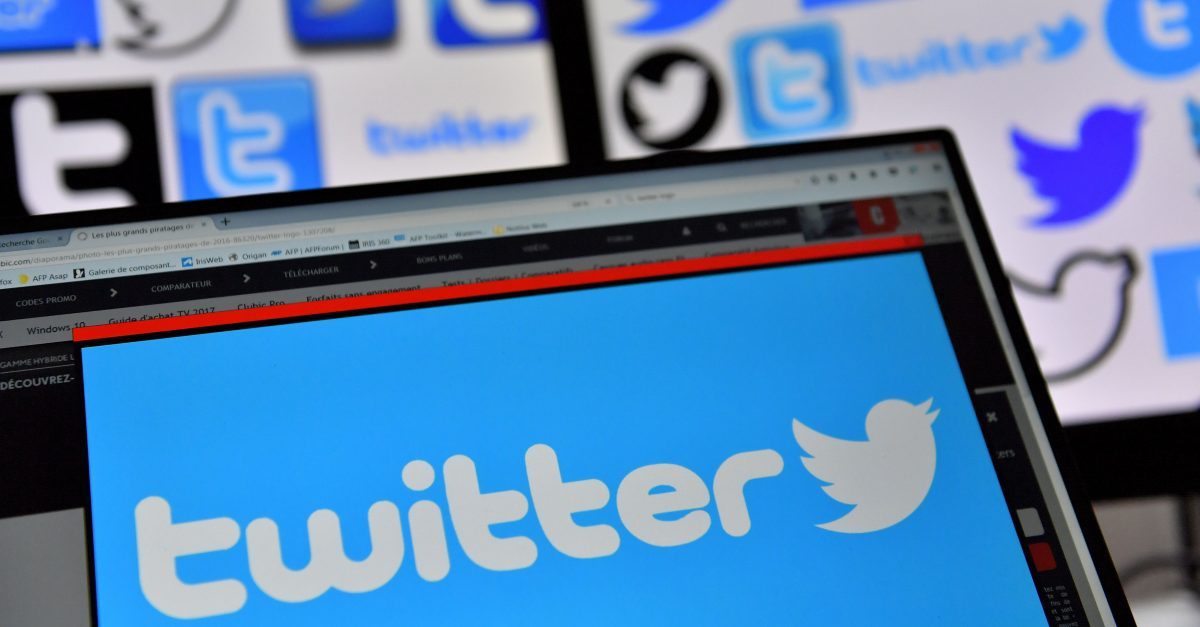
Indicted Texas Attorney General Ken Paxton’s efforts to rummage through Twitter’s confidential communications in apparent retaliation against former President Donald Trump’s account ban represents a “profound threat” against free speech online, five leading advocacy groups told a federal judge.
A Trump loyalist behind the failed last-ditch bid to topple four other states’ elections, Paxton announced his probe into five tech giants on Jan. 13, mere days after most of them took away the 45th president’s platform in the wake of the U.S. Capitol insurrection. The Texas attorney general, who has been facing securities fraud charges since 2015 and has been dogged by allegations of bribery, sent civil investigative demands to Amazon, Apple, Facebook, Google and Twitter.
Earlier this month, Twitter filed suit in the Northern District of California, seeking an injunction blocking Paxton’s inquiry.
Though Paxton justified his search on a claim that the platforms squelched Trump’s speech, the top advocates for freedom of expression—Reporters Committee for Freedom of the Press, Center for Democracy & Technology, Electronic Frontier Foundation, Media Law Resource Center, and PEN American Center—backed Twitter’s position on Wednesday.
“Any government effort to enforce what it deems viewpoint neutrality on a communications platform carries the temptation to compel platforms to carry speech perceived as favorable to the government, or, at the very least, that speech platforms would not otherwise carry,” they wrote in a 22-page friend-of-the-court brief. “As such, these efforts pose a profound threat to First Amendment guarantees,including a free and unfettered press.”
Citing the Supreme Court’s watershed decision in Miami Herald v. Tornillo, the groups noted that Twitter has the right as a private company to moderate its platform in the same way a news organization can makes its own editorial decisions without government interference.
“In 1974, the Supreme Court unanimously affirmed that the First Amendment forbids governmental interference in editorial decisions by the press when it held unconstitutional Florida’s ‘right of reply’ statute, which ‘grant[ed] a political candidate a right to equal space to reply to criticism and attacks on his record by a newspaper,'” the brief summarizes. “The court in Tornillo made clear that government regulation of the ‘choice of material’ to include in a newspaper cannot be “exercised consistent with First Amendment guarantees.”
Free speech groups told Paxton that the same principle applies to what social media giants allow on their platforms, exposing the attorney general’s stated objective to protect conservative speech as an effort to chill Twitter’s.
“In short, if a major purpose of the First Amendment is to allow public discourse to ‘serve as a powerful antidote to any abuses of power’ and as a way for ‘keeping officials elected by the people responsible to all the people whom they were selected to serve,’ […] the First Amendment must protect how private actors—especially, but not exclusively, the press—choose to relay the speech of the public regarding those elected officials, as well as the speech of the elected officials themselves,” the brief states.
On Thursday, the House Committee on Energy and Commerce held a hearing titled “Disinformation Nation: Social Media’s Role in Promoting Extremism and Misinformation,” which summoned three big tech CEOs to Congress: Facebook’s Mark Zuckerberg, Google’s Sundar Pichai, and Twitter’s Jack Dorsey.
Throughout the proceedings, Republican representatives aired grievances about the decision to ban Trump. Trump ally Rep. Debbie Lesko of Arizona pressed Dorsey on whether he made the ultimate call in that instance.
“Ultimately, I had final responsibility,” Dorsey said, after noting that decision came after a process and a warning.
Of the three CEOs, only Dorsey respond “yes” after Rep. Mike Doyle (D-Pa.) asked whether their platforms bear any responsibility for misinformation that fueled the Jan. 6th assault on the Capitol.
Read the amicus brief below:
[Image via LOIC VENANCE/AFP/Getty Images]